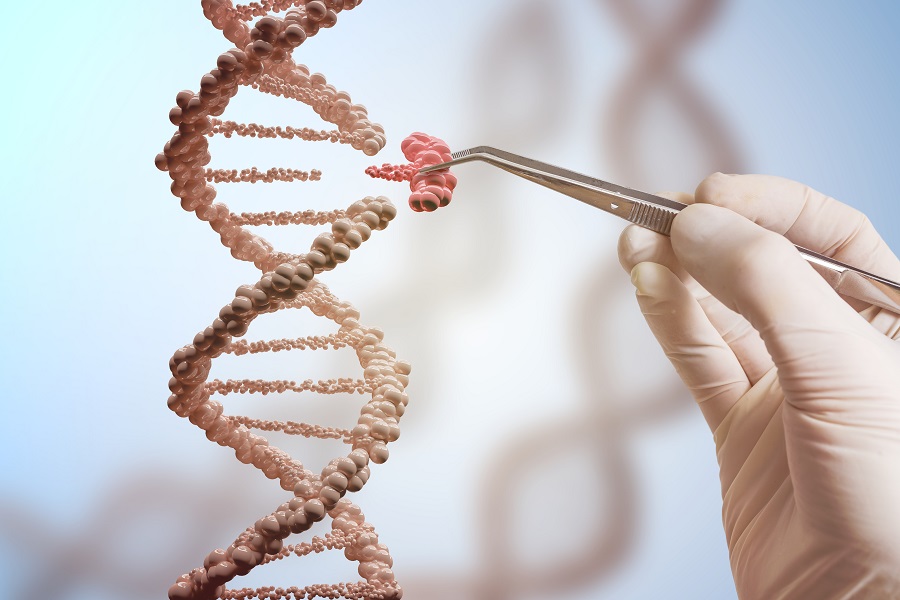Gene Therapy May Become the Most Practical Way to Fight Cancer
Gene therapy and gene manipulation involve introducing genetic material to a cell or organism to modify its genetic makeup. This type of manipulation has been investigated as a potential treatment for cancer, as it may be able to target malignant cells while leaving healthy cells intact.
In gene therapy, the goal is to introduce new genetic material that can counteract the effects of cancer-causing genes. This could involve replacing defective tumor suppressor genes with healthy versions, introducing enzymes that may prevent malignant cells from growing, or introducing genes that can trigger the immune system to attack cancer cells. In some cases, this involves taking a sample of healthy genetic material from another person and transferring it into the patient's body.
Gene manipulation is another type of tactic used to fight cancer. It involves changing existing genes in a cell so that it can no longer produce proteins that are necessary for the growth and division of a tumor. For example, scientists have developed techniques that disable certain proteins in a cell that can cause tumors to become resistant to chemotherapy drugs, thus making them more susceptible to treatment.
In some cases, gene therapy is being combined with immunotherapy — a treatment that uses the patient's own immune system to fight cancer — for better results. For example, CAR T-cell therapy is a type of gene therapy where reprogrammed immune cells are introduced into the patient’s bloodstream to target cancerous cells. In addition, researchers are investigating other approaches, such as using viruses to deliver genes into tumor cells and creating "smart" drugs that selectively target cancer cells while leaving healthy tissues unharmed.
These two types of treatments are not without their risks; they both involve making changes on the genetic level, which cannot be reversed and could even lead to unforeseen side effects or health complications. However, these treatments have shown promise in clinical trials, and researchers continue to explore these possibilities as a way to fight cancer more effectively.
Photo Credit: Depositphotos
